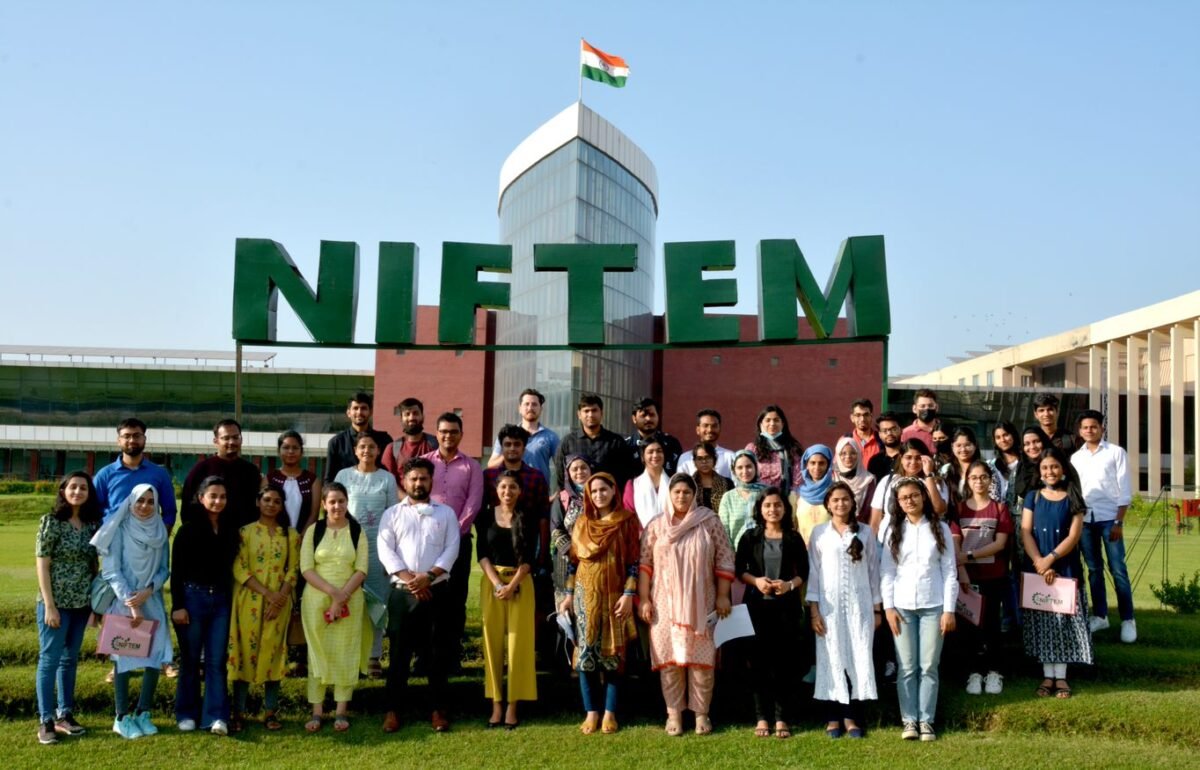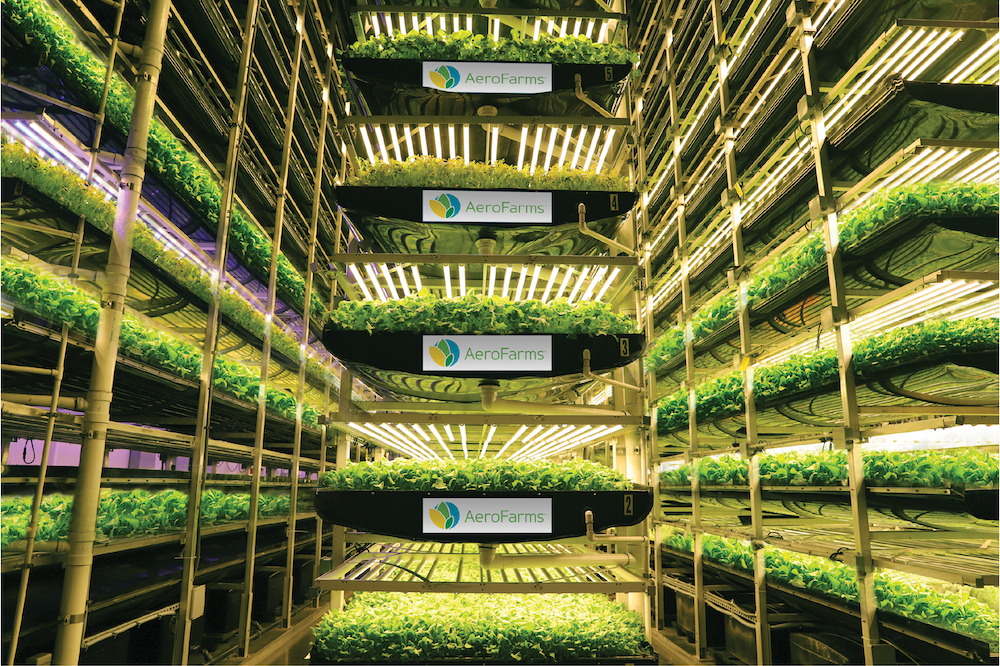In an interview with AgroSpectrum, Avinash Rao, CEO & Co-Founder, Agrileaf highlighted the innovations towards ensuring ecological balance and sustainability as well as the impact of such remarkable milestones in rural development.
In December 2024, Agrileaf, one of India’s leading producers and exporters of areca leaf dinnerware, secured funding of Rs 16 crore from Capital A and Samarsh Capital. With the additional funding, Agrileaf is expanding its production capacity thereby enhancing its line of biodegradable dinnerware and packaging and promoting community involvement. Located in Dakshina Kannada, the company’s cutting-edge facility integrates sophisticated robotics, AI-powered quality control, and an effective areca leaf harvesting network creating over 1,000 job possibilities, which supports the economic growth of rural areas. In an interview with AgroSpectrum, Avinash Rao, CEO & Co-Founder, Agrileaf highlighted the innovations towards ensuring ecological balance and sustainability as well as the impact of such remarkable milestones in rural development. Edited excerpts:
What is the process involved in turning the areca palm leaves into disposable plates and food platters?
We get dried, fallen areca sheaths from nearby farmers, who receive a reasonable payment for the raw material. The collected dry areca leaf sheaths are soaked in water, cleaned, and positioned so that the water drains entirely. After being cleaned, the leaves are pressed into moulds with different sizes and eye-catching patterns based on the needs of the market. A hot moulding procedure is used to sterilise the clean fibre and give the finished product its final shape. Before being packaged and shipped, these biodegradable plates undergo a last quality check and finishing process. After being packaged per the needs of the customer and shipped securely, the fallen leaf plates are still usable six months later. Mostly women farmers are involved in this activity. We pay them between Rs 15,000 and Rs 20,000 per annum.
During processing, the leaves are washed, and hot pressed in moulds to give shape to the plate. Thus, the plates become rigid naturally. In arecanut plantations as such, no harmful chemicals are sprayed. Mostly Copper Sulphate is sprayed as a fungicide. Often lime is also used. The natural layer of film on the leaf sheath keeps the product USP on top.
What are the key environmental benefits of using areca palm leaves compared to traditional plastic or paper plates?
Compared to paper plates where huge energy is wasted to obtain the final product, arecanut plates are manufactured using green energy without depleting water resources or using harmful chemicals for processing. Moreover, areca palm leaf plates are entirely biodegradable and decompose naturally, unlike plastic plates which can take hundreds of years to break down. This reduces landfill waste and the environmental footprint of disposable products. The leaves are collected without harming the tree, and no chemicals or artificial fertilisers are required in their cultivation. This makes the production of these plates more environmentally friendly compared to the resource-intensive processes involved in making plastic or paper plates.
As discussed earlier, the production process of areca palm leaf plates typically involves minimal processing, using no harmful chemicals or energy-intensive machinery. In contrast, plastic plate production relies on petrochemicals and energy-heavy processes, while paper plates require significant water and energy resources for pulp production. Unlike paper plates, which contribute to deforestation, areca palm leaf plates are made from fallen leaves, ensuring no trees are cut down. The leaves naturally shed and are collected, avoiding any additional strain on forests. Areca palm plates are chemical-free, unlike some paper plates that may be coated with wax or synthetic chemicals to make them waterproof or more durable. This ensures that the plates are safe for both human use and the environment.
Speaking from a sustainability point of view, the plates can be composted, contributing to soil health rather than adding to waste. Paper plates may be compostable, but they often contain additional coatings that can hinder the composting process, whereas areca plates are entirely natural. Thus, areca palm plates are an eco-friendly alternative that supports sustainability, reduces waste, and helps protect ecosystems.
Areca palm leaf plates offer versatility and functionality suitable for various occasions and food types. They are heat-resistant, allowing them to withstand hot dishes without warping or leaching harmful chemicals. This makes them ideal for serving both hot and cold food items at events, parties, and restaurants.
Are Agrileaf products available in international markets, or do they primarily serve the local or national market in India?
Agrileaf products, which are made from areca palm leaves, are primarily manufactured in India, where the company is based. However, they have expanded their reach to international markets as well. The growing demand for eco-friendly, biodegradable alternatives to plastic and paper products has encouraged Agrileaf to export its products globally. These products are often available through online platforms, direct export channels, and partnerships with international distributors. While India remains a significant market for Agrileaf products, the company has also tapped into international markets, including regions in Europe, the United States, and the Middle East, where there is a rising awareness and preference for sustainable, environmentally friendly alternatives. Therefore, Agrileaf products are not limited to the local or national market in India and have begun to cater to international consumers and businesses seeking eco-conscious products.
As of date, 90 per cent of revenue comes from the USA. We plan to establish our footprints in Japan as well. As far as growth in the domestic market is concerned, extra marketing cushion in India is not available as arecanut plates are perceived as high-volume price commodities. We need better warehouses to distribute our products to different cities in India which might further add up to the cost of production. On the other hand, for export, it is an immediate dispatch which saves our cost to some extent.
To read more click on: https://agrospectrumindia.com/e-magazine
In an interview with AgroSpectrum, Avinash Rao,














